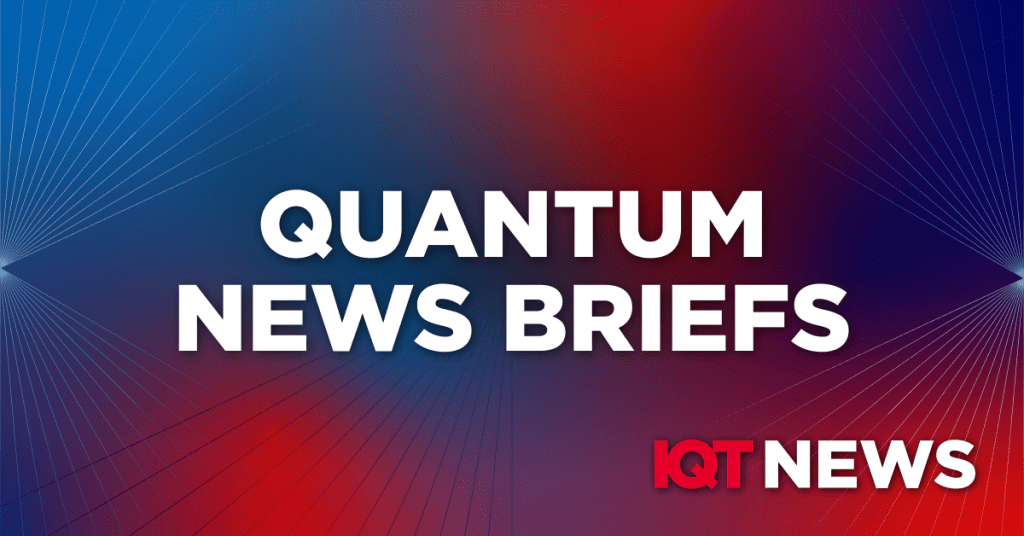Post-Quantum Cryptography Coalition publishes comparison of international PQC standards
The Post-Quantum Cryptography (PQC) Coalition has Grown to more than 125 participating cyber researchers from industry and academia,
“The coalition comes at an important time,” said Matt Mickelson, lead coordinator of the coalition and senior cyber principal for science and technology at MITRE. “These threats target not just personal, commercial, military, and intelligence data but also the digital signatures that identify trusted entities and contracts. National and international standards create a common framework for addressing such threats.”Celebrating its one-year anniversary this month, the PQC Coalition aims to accelerate the adoption of quantum-resistant methods in advance of any cyber threats posed by quantum computation.
The coalition surveyed international regulatory bodies that are defining the quantum-resistance requirements to be followed by technology vendors used in national or government security systems. They created a reference of international PQC requirements and are identifying alignment and misalignment areas, which could pose challenges for international vendor compliance and interoperability.
In Other News: Dallas Innovates reports “Dallas’ HEST Investments invests $1M in quantum computing security startup American Binary”
HEST said that American Binary is at the forefront of developing cutting-edge encryption solutions designed to safeguard data against the imminent threats posed by quantum computing. The firm said that while AI continues its massive incline, a new era of computational capabilities is coming soon.
American Binary’s technologies serve as an essential preparation tool in ensuring that highly sensitive information remains secure, HEST added. The firm said that the partnership underscores HEST Investments’ commitment to fostering the growth of visionary companies that are ready to impact the world in a lasting way. The investment, finalized in the fourth quarter of last year, marks “a significant step towards fortifying digital security as civilization moves toward the quantum computing era,” the PE firm said.
Neutral atom innovations by quantum systems accelerator mark quantum computing milestones
QSA, led by Lawrence Berkeley National Laboratory (Berkeley Lab) and funded by the U.S. Department of Energy, is a National Quantum Information Science Research Center that brings
Neutral atoms trapped in focused laser beams are less susceptible to perturbations from the environment, thus processing quantum information more effectively. By arranging neutral atoms in arrays, researchers can create larger quantum systems with dozens or hundreds of qubits, which are crucial for performing complex quantum simulations and developing large-scale quantum computers. Significant progress has been made on this front through QSA-funded research.
The QSA-funded development of the first reconfigurable arrays of neutral atoms marked a significant milestone in quantum computing. Researchers from Harvard, MIT, and other institutions demonstrated the use of “optical tweezers” that use focused laser beams to trap and position neutral atoms into specific configurations.
